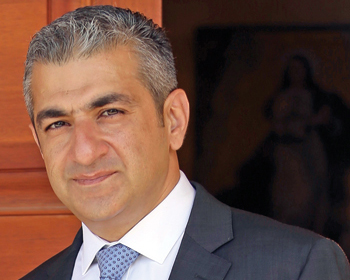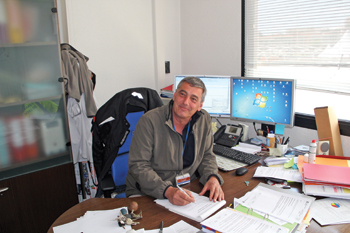
 Al Awami ... efforts bearing fruit
Al Awami ... efforts bearing fruit
THERE are any number of impressive Saudi family business stories over the years. As the oil-dominated economy gradually diversified, it should be little surprise that companies who once concentrated solely on the riches of the kingdom’s lucrative energy sector have since branched into new lines and markets, many with tremendous success.
But beyond the products and services on offer, if there is a common theme among these trading giants who are now large multidimensional conglomerates, it is the strength of conviction that their founders had in driving their businesses forward. Even if the national economy remained stubbornly dependent on oil, Saudi entrepreneurs were preparing for life if not completely beyond it, then certainly as a profitable alternative.
Al Abdulkarim Holding (AKH) is one such company. Once a pure trading entity which started life in the 1970s distributing imported products to state oil giant Saudi Aramco – the company says it is the leading stockist and distributor of electrical, electromechanical, instrumentation and oilfield components in the Gulf – it now manufactures its own products in Dammam Industrial City, and supplies not only the oil and gas industry but also other rapidly-expanding sectors in Saudi Arabia, such as water, power, petrochemical, telecommunications. It even offers industry-related education.
Oday Al Awami, director of AKH’s industrial and oilfield department, one of six business lines, recalls how the decisions taken by chief executive Khalid Al Abdulkarim more than 13 years ago are now bearing fruit.
“He took strategic decisions which the workforce could not always appreciate or understand at the time, but the decisions were proved correct in the end,” he explains, citing in particular the vision to invest in manufacturing capabilities in Dammam, where two plants manufacture electrical products.
“The CEO also believed in recruiting large numbers of skilled Saudis, probably more than we needed at the time, and invest in their training and development,” Al Awami adds.
Both strategies were, he explains, part of a carefully calculated growth plan which, in addition to manufacturing facilities, sees the Dammam-headquartered group operating a network of 30 branches and distribution centres across Saudi Arabia, with large warehouses in Al Khobar, Jubail, Riyadh, Jeddah and Yanbu. Branches and warehouses in Bahrain, Abu Dhabi, Doha, Dubai, the UK, Italy, China, Japan and the US provide an international flavour.
Al Awami insists AKH’s future plans included a 32-storey corporate headquarters Tower in Khobar, on which construction has already started, and plans to invest in up to four new manufacturing sites in Dammam, while the board is also in the early stages of discussion about a possible IPO (initial public offering).
“Competition is inevitable but we are in a good position. We have healthy capital reserves enabling us to press on with investments in new infrastructure,” he states.
He explains that the new manufacturing facilities, plans for which are currently at the market evaluation stage, would be developed as joint ventures with principals AKH already represents in Saudi Arabia. Making mechanical and instrumentation products, as well as conducting assembly, they represent new opportunity in a country where economic change is happening quickly.
“Oil and gas, petrochemicals and power remain the main areas of business, and at Al Abdulkarim we have watched as companies such as NWC (National Water Company) and Tasnee in Jubail, and Luberef in Yanbu have grown,” says Al Awami.
“But you now have new projects being developed, like (mining-related) Ma’aden in Ras Al Khair, or the Riyadh Metro and Saudi Aramco JV projects.
These are unique projects which challenge us to upgrade our capabilities and skill sets so we can effectively transfer our knowledge to developers,” he adds.
Al Awami says close engagement with clients at all stages of a project is also essential.
“The CEO has always insisted that we be with the client from day one of a project, during the proposal, design and specifications stage, through contract award and on to procurement and then construction. Most trading companies tend only to join a project when the EPC contractor is ready to procure goods,” says Al Awami.
“In any business if you want to look for a source to buy your materials you look for a reliable, trusted and transparent service provider and that is how our clients evaluate us. As a trading firm, we are not just paper handlers – our vast office and warehouse network makes life easier for our clients,” he continues.
Al Awami points out that an efficient supply chain is another vital component.
 |
AKH ... consistently ahead in Saudisation and promoting local industries |
“It is vital to get the right supplier. You look at their track record, you test their product knowledge and judge how their products match the needs of your clients. Trust and transparency is vital, but so is showing potential – we want our suppliers to have the size and appetite to invest, expand and co-operate with us in the long-term. On the other hand, international partners are attracted to AKH’s superior market knowledge, our sound financial base and our logistics expertise and experience,” he says.
AKH’s move into the field of education is arguably one of the most interesting strategic moves by the group in recent times. As a local agent for the UK’s TWI Training and Examination Services – the world’s largest industrial training organisation – it offers courses and examinations designed for oil and gas, aerospace, construction, power and automotive personnel, who receive internationally-recognised certifications in Saudi Arabia’s Eastern Province.
Al Awami says the move into training and development tallies with the group’s approach to nurturing localised talent.
“AKH was employing large numbers of Saudis well before the Saudisation policy took hold,” he says, referring to government efforts to get more citizens into private sector jobs.
“We have been consistently ahead of the (Saudisation) compliance curve. From an early stage the CEO believed Saudis could acquire the knowledge expatriates had, thanks to the strong educational foundations created by institutions such as KFUPM (King Fahd University of Petroleum and Minerals).
“He saw the day when Saudis would want to work in the private sector, and he attracted them with good salaries and the promise of personal and professional development. He then ensured all of his employees took a hands-on approach to the business, learning from the bottom up,” he continues.
As AKH moves forward, it hopes to fly the Saudi flag in new markets and new sectors.
“We want to be a global Saudi brand in the trading, manufacturing and contracting business, and in this regard we invested in contracting firms and opened a contracting division, first contract was awarded early this year” Al Awami explains.
This, along with its other plans, should ensure an exciting few years ahead for AKH on the local, regional and international stage.










































































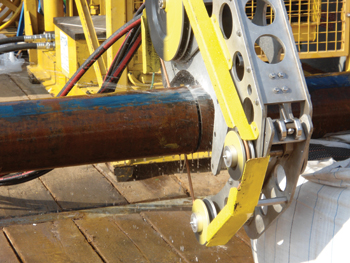
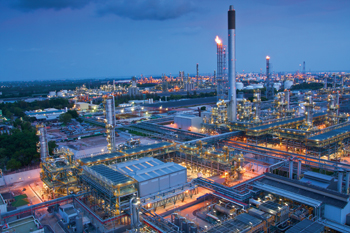
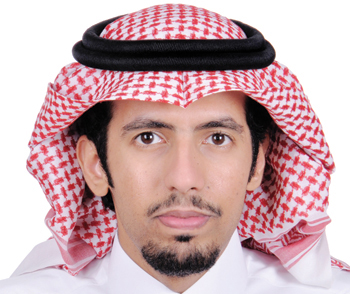
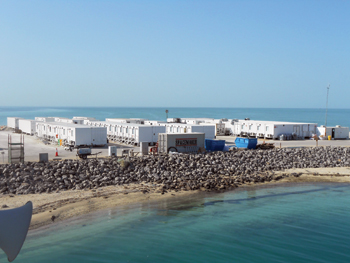
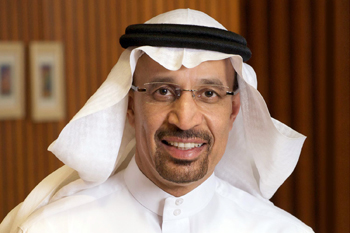
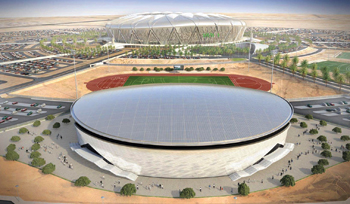
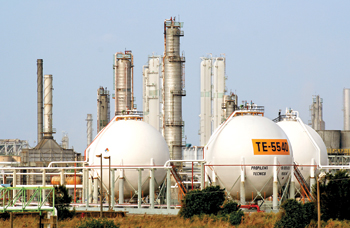
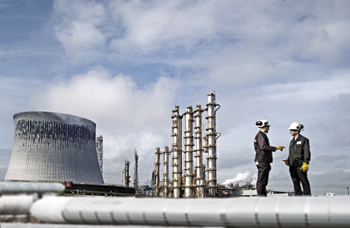
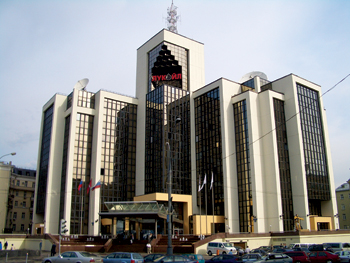
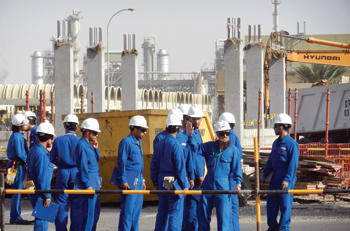
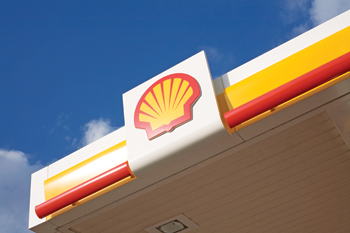

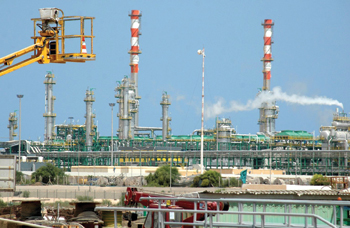

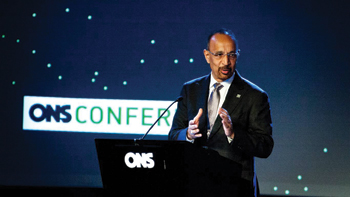
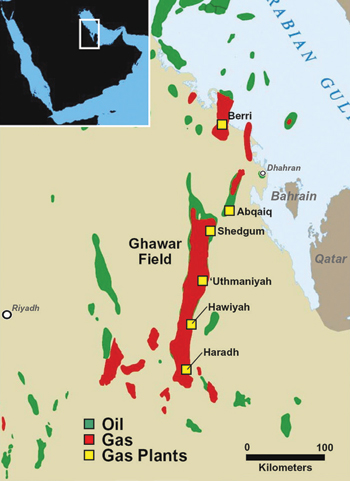
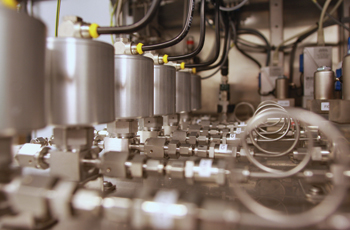
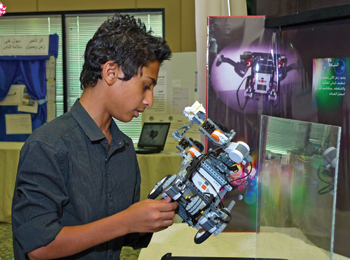
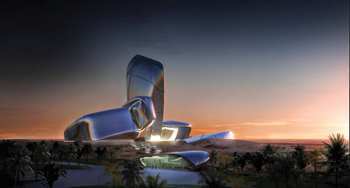

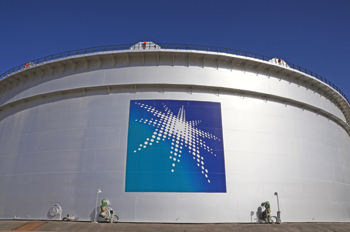
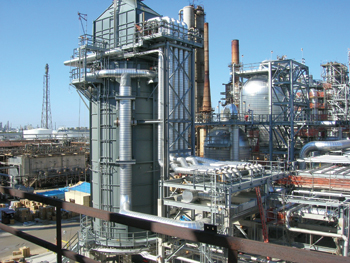
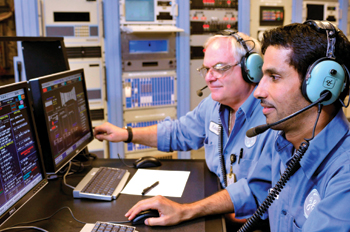
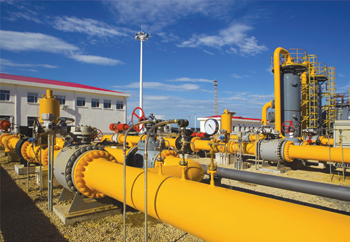
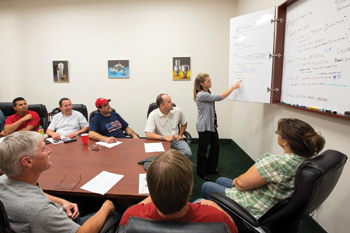
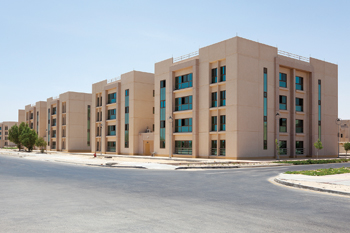
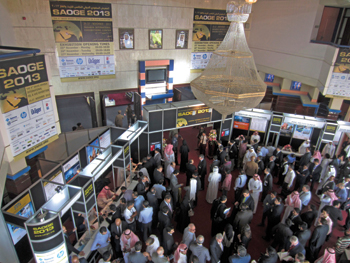
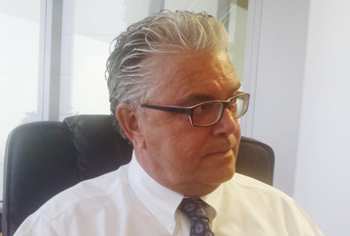
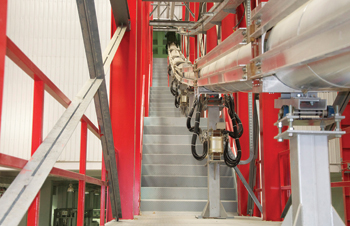
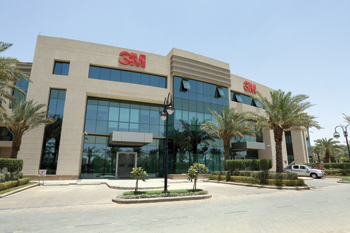
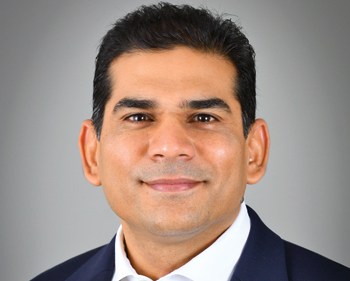
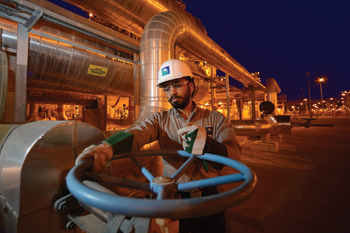
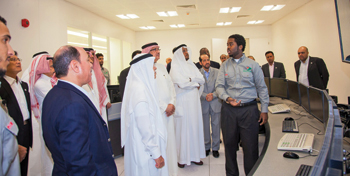
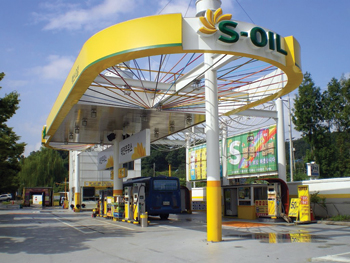
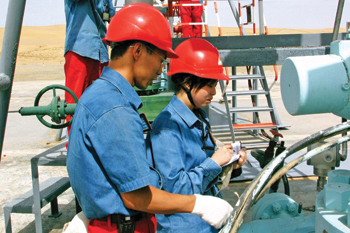
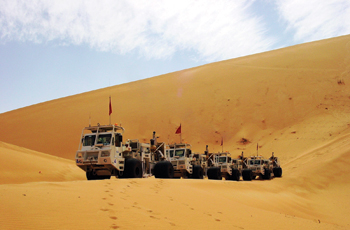
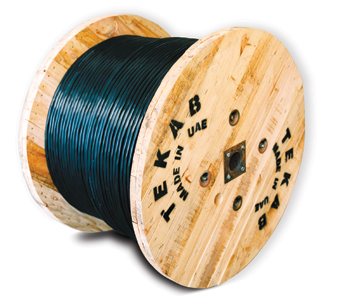
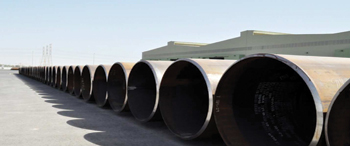
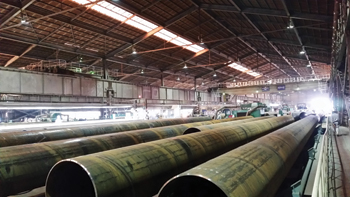

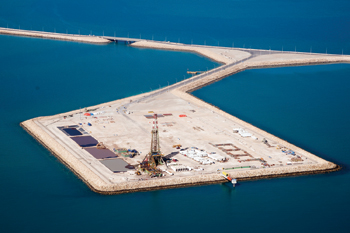
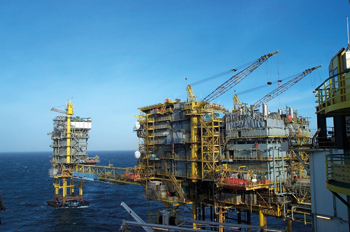
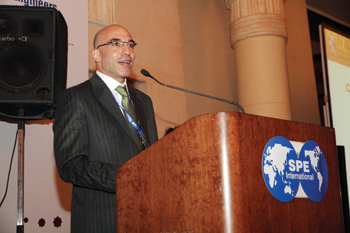
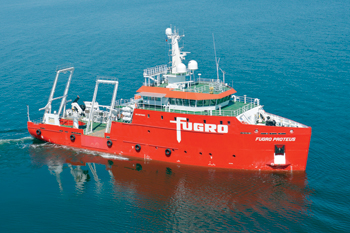
-(3).jpg)
